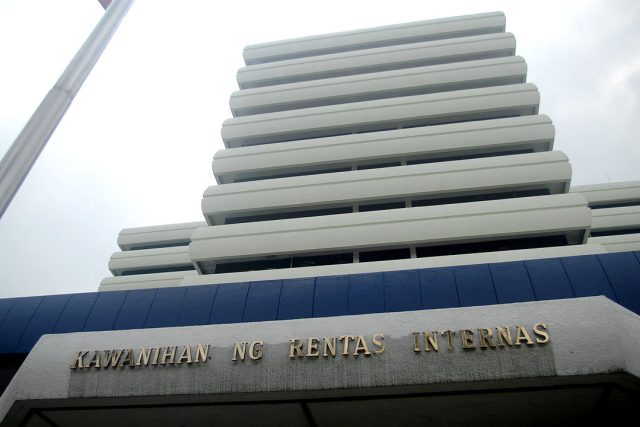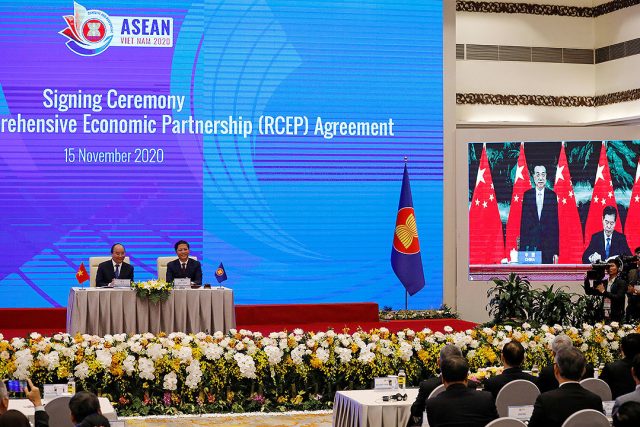The Department of Science and Technology (DoST) said mango farmers need to upgrade their planting and cultivation know-how if they are to meet the export market’s requirements for supply and quality.
At a virtual conference Thursday conducted by the DoST’s Philippine Council for Agriculture, Aquatic and Natural Resources Research and Development (PCAARRD), participants said mango farmers have been failing to meet overseas demand during the pandemic.
“Only 25% of overseas client orders have been delivered due to lack of (economies of scale) required to supply processors abroad,” Science and Technology Secretary Fortunato T. de la Peña said.
The virtual conference was a precursor to the Farms and Industry Encounters through the S&T Agenda (FIESTA) conference on Mango, a gathering called to share technology on mango cultivation and to recognize the efforts of innovators.
“S&T plays a vital role in advancing sustainable agriculture,” Mr. de la Peña said in his keynote speech. “The invention and development of new technologies greatly impact the AANR (Agriculture, Aquatic, and Natural Resources) sector by helping out farmers by lessening manual operations or work.”
According to the Department of Agriculture (DA), mango is the third most important Philippine fruit crop. The carabao mango variety accounts for over 80% of overall output at 450.48 thousand metric tons (MT). Other economically significant varieties are the Pico and the Katchamita, also known as Indian mango.
In the three months to June, mango output declined 0.2% year-on-year to 556.82 thousand MT, according to the Philippine Statistics Authority (PSA). In the first quarter, production grew 4.1% to 97.9 thousand MT.
The Ilocos region was the leading mango producer with 22.4% of the national crop, followed by SOCCSKSARGEN and the Zamboanga Peninsula, with both accounting for 9.8% each.
Mr. de la Peña said that “from 2010 to 2014, the farmgate price of carabao mango increased by roughly 8%, while the cost of input, for example, fertilizers and flower inducers, increased by 20% thereby significantly lowering the profitability of mango production.”
“The post-harvest fruit damage and rejection rates have gone up to 50% because the equipment for handling and packaging is very inadequate. This has led to the reduction of opportunity to generate more export sales earnings,” he added.
Lourdes C. Generalao, Southern Mindanao Agriculture and Resources Research & Development Consortium (SMAARRDEC) Chairperson and also president of the University of Southeastern Philippines (USeP) President, said:
“When the pandemic hit our country in March of 2020… our lives drastically changed in just a matter of weeks, yet we managed to get through it as we learned to improvise and transition our operations online.”
“Innovation should not only begin when faced with adversity, we must think ahead in order to ensure our success… And innovation should not stop because of temporary convenience,” Ms. Generalao added.
Visayas Consortium for Agriculture, Aquatic and Natural Resources Program (ViCARP) Chairman and Visayas State University (VSU) President Edgardo E. Tulin said that the ultimate goal for mango farmers is to adopt the best technologies available.
He proposed that farmers adopt integrated plans for crop management and post-harvest quality management, which he touted as a means of reversing declining productivity.
He also backed “strategic rehabilitation of unproductive mango trees and in improving post-harvest handling systems to increase the production of export-quality and safe mangoes.”
Some of the technologies on display at FIESTA are a protein-analysis product called the mango detection dipstick kit, which helps confirm true-to-type mango varieties. The kit is intended to help ensure the quality of carabao mango planting material.
FIESTA will convene on Dec. 9-10 and 16-17, and will feature a technology business forum, a webinar on the enhancement of mango production, and other activities. – Luisa Maria Jacinta C. Jocson












